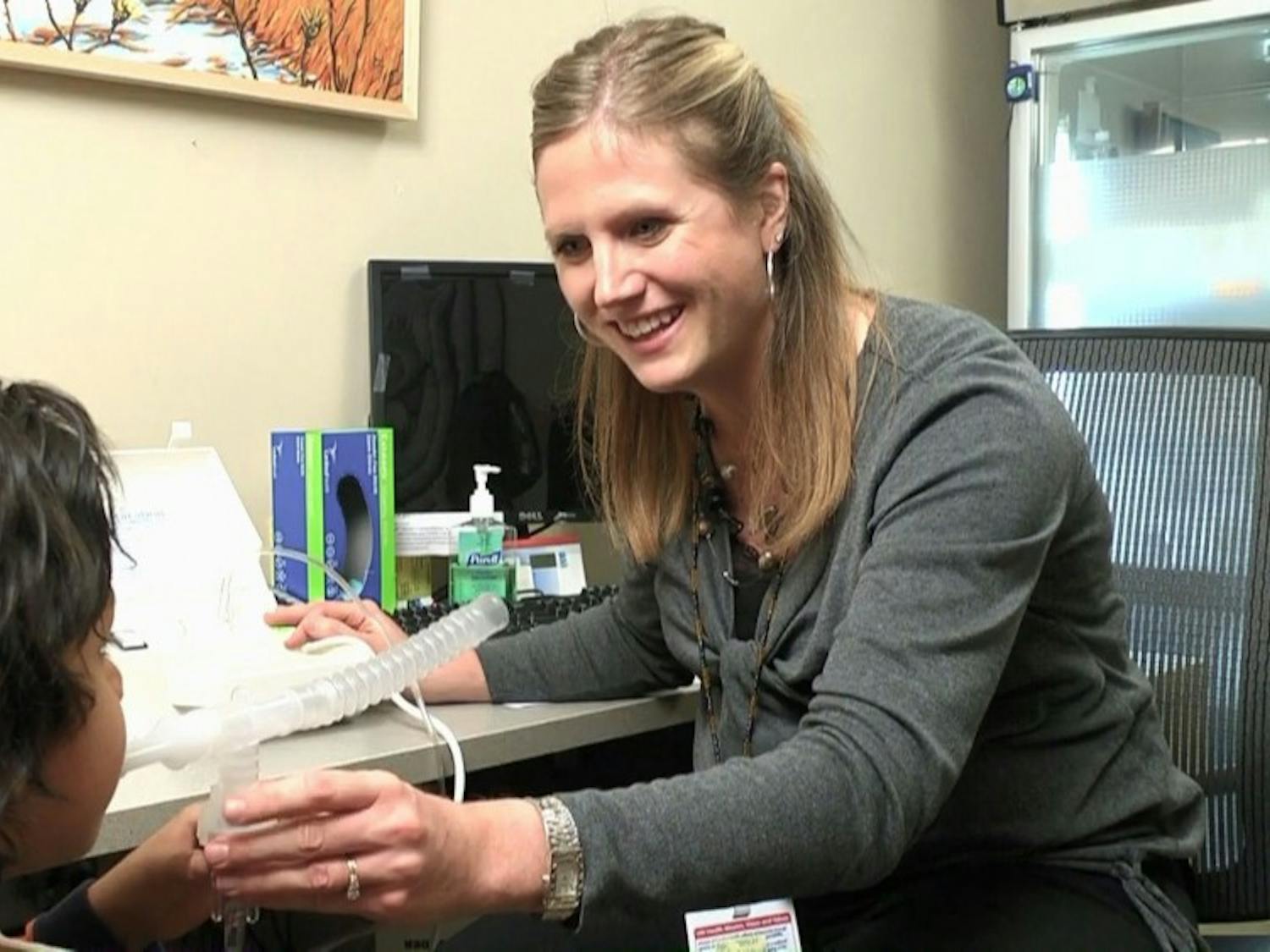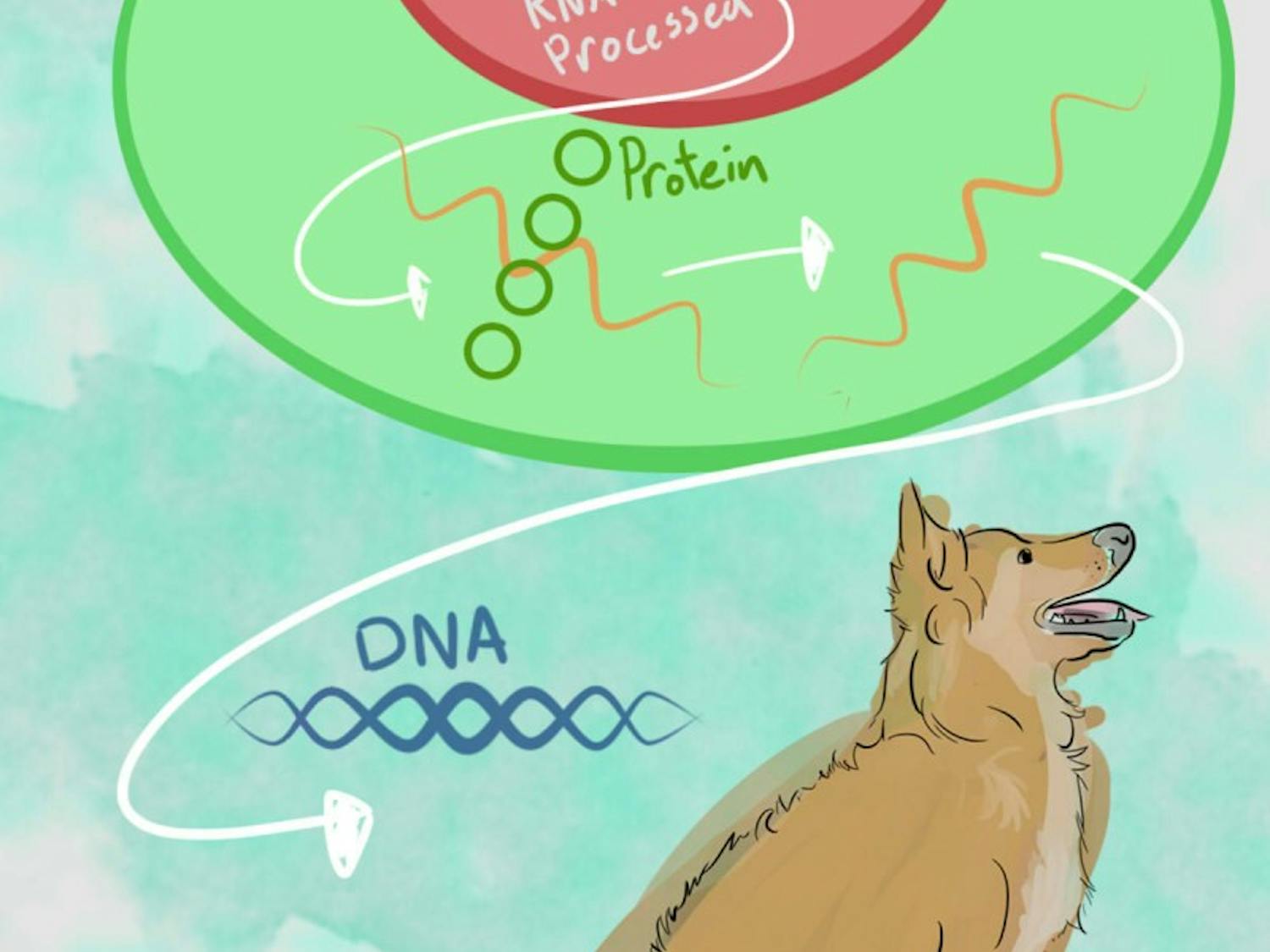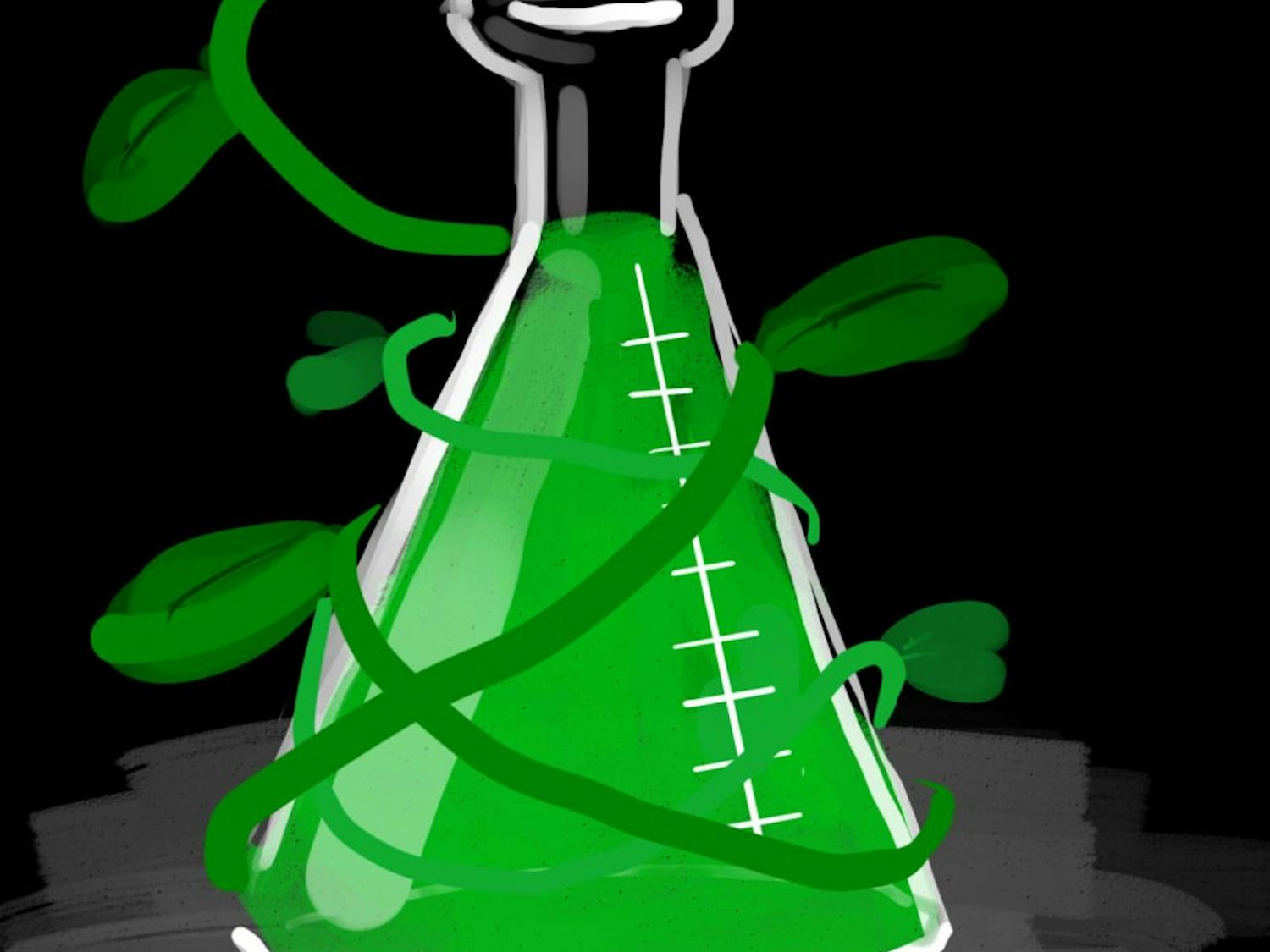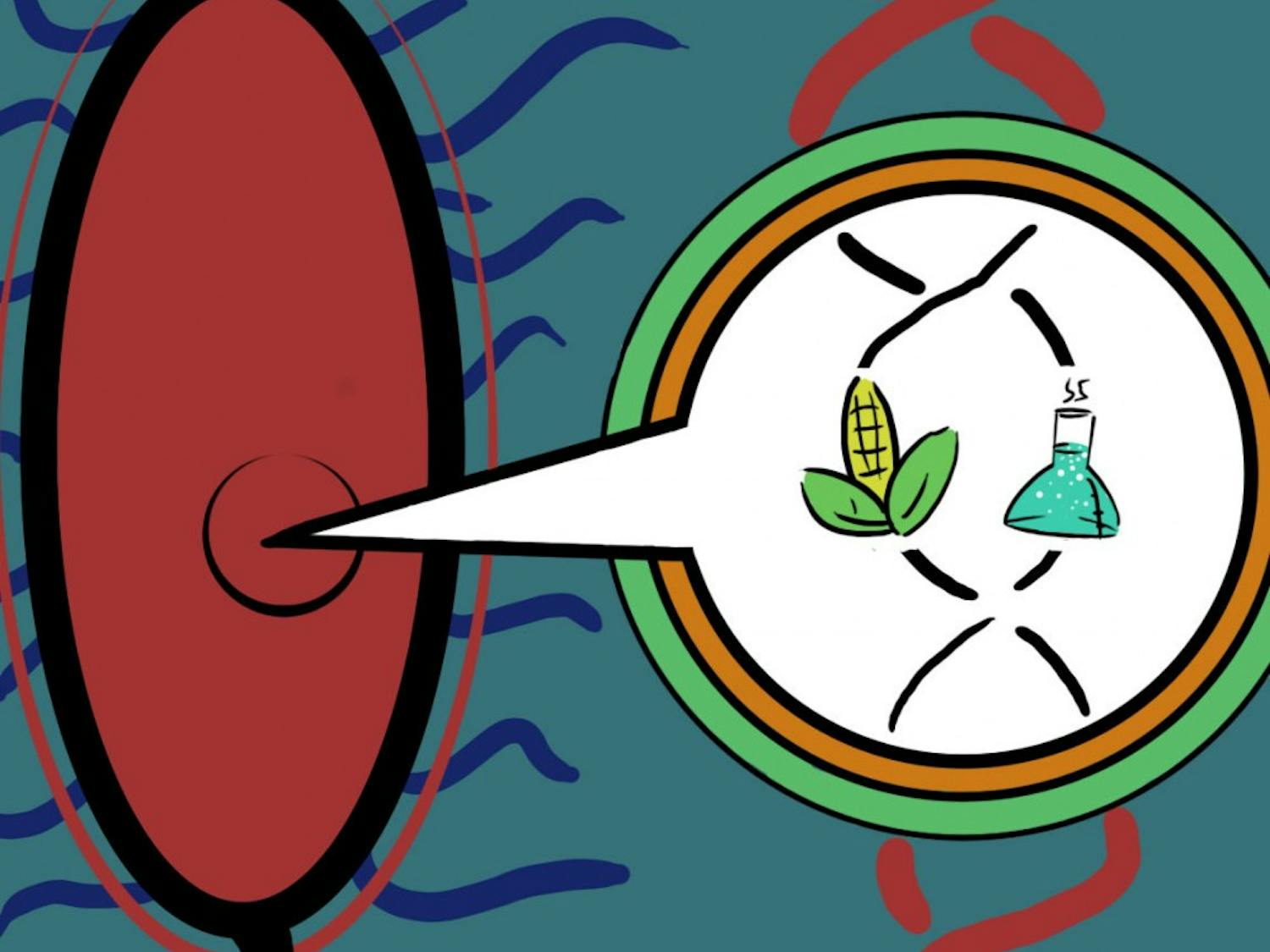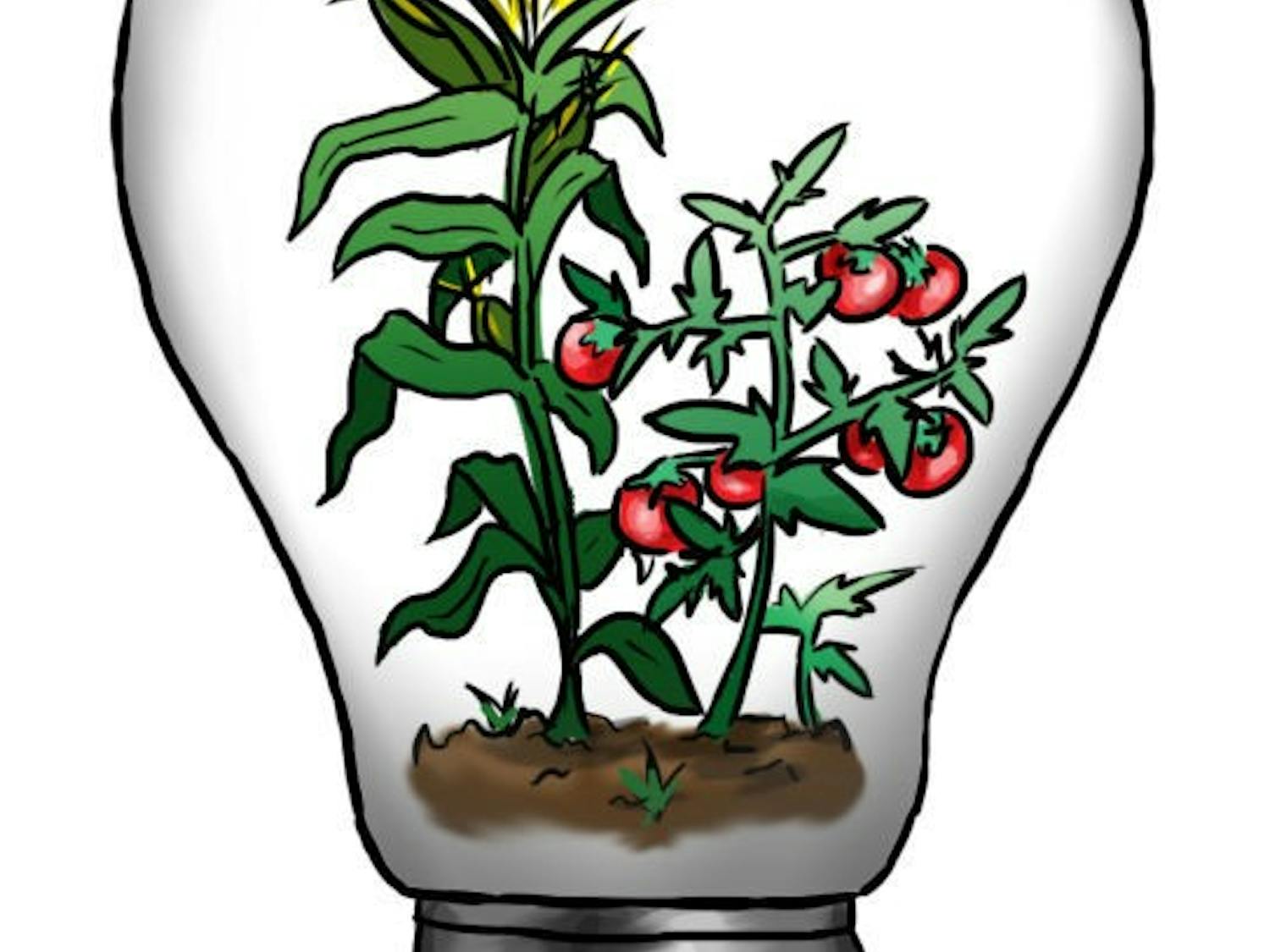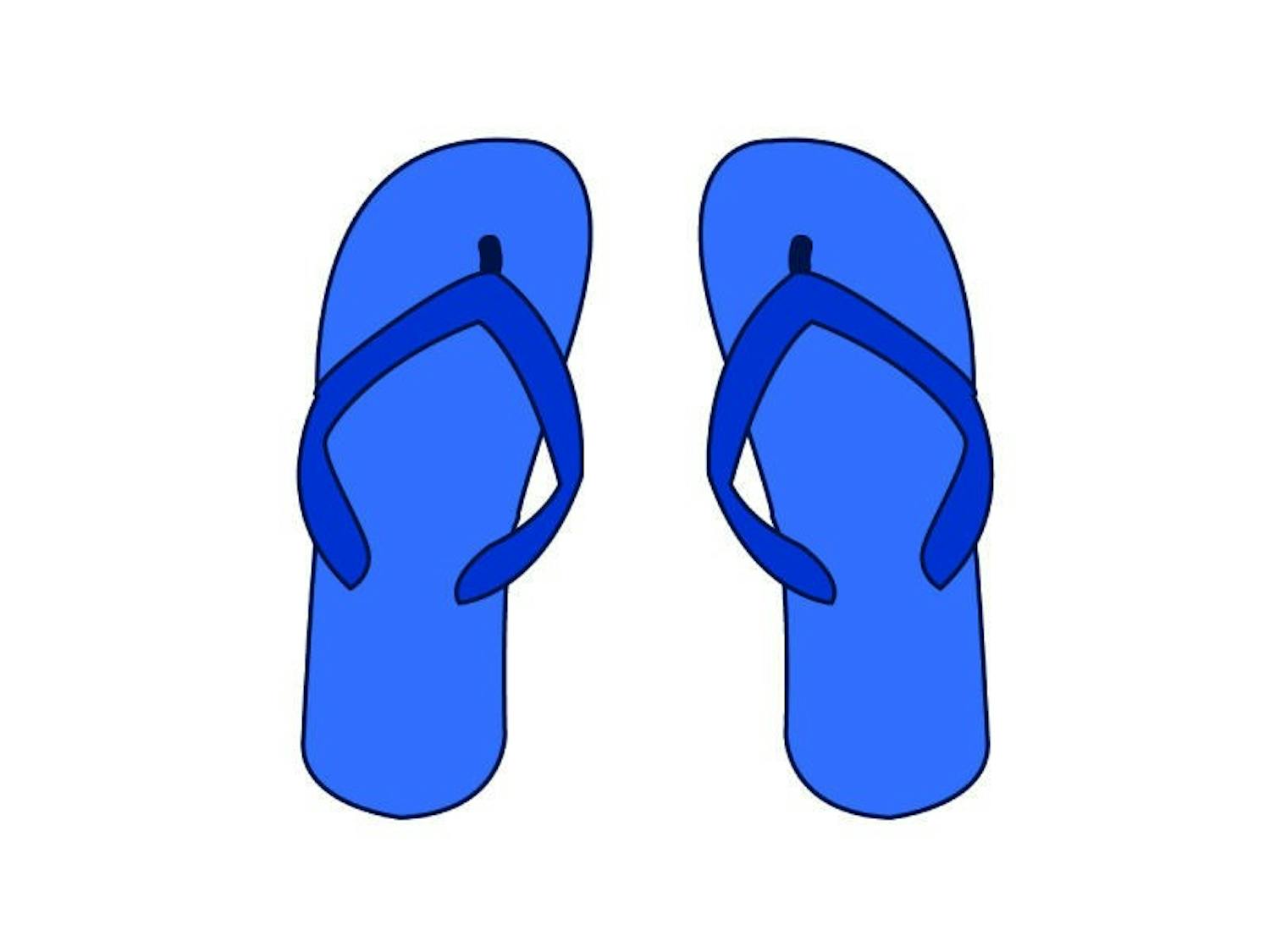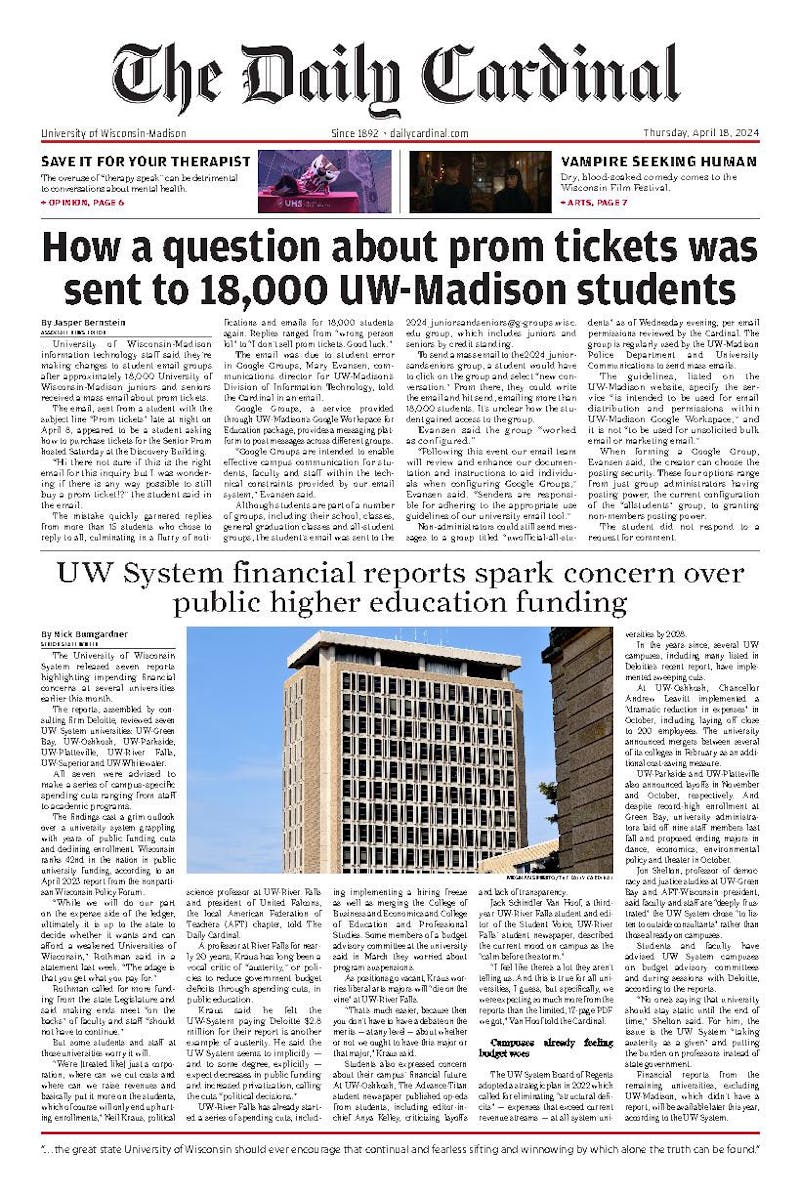eSchoolCare empowers school nurses
By Suma Samudrala and By James Lanser | May. 3, 2015With the lead of Lori Anderson, a faculty member at the UW-Madison School of Nursing and the American Family Children’s Hospital, a health-care system to support school nurses called eSchoolCare was created.

